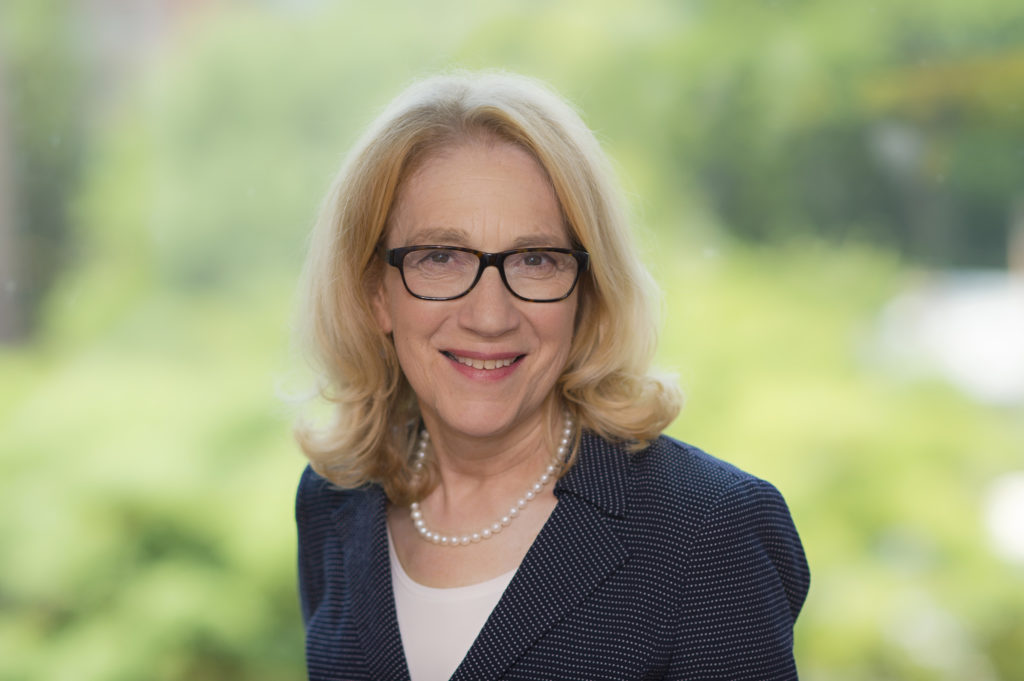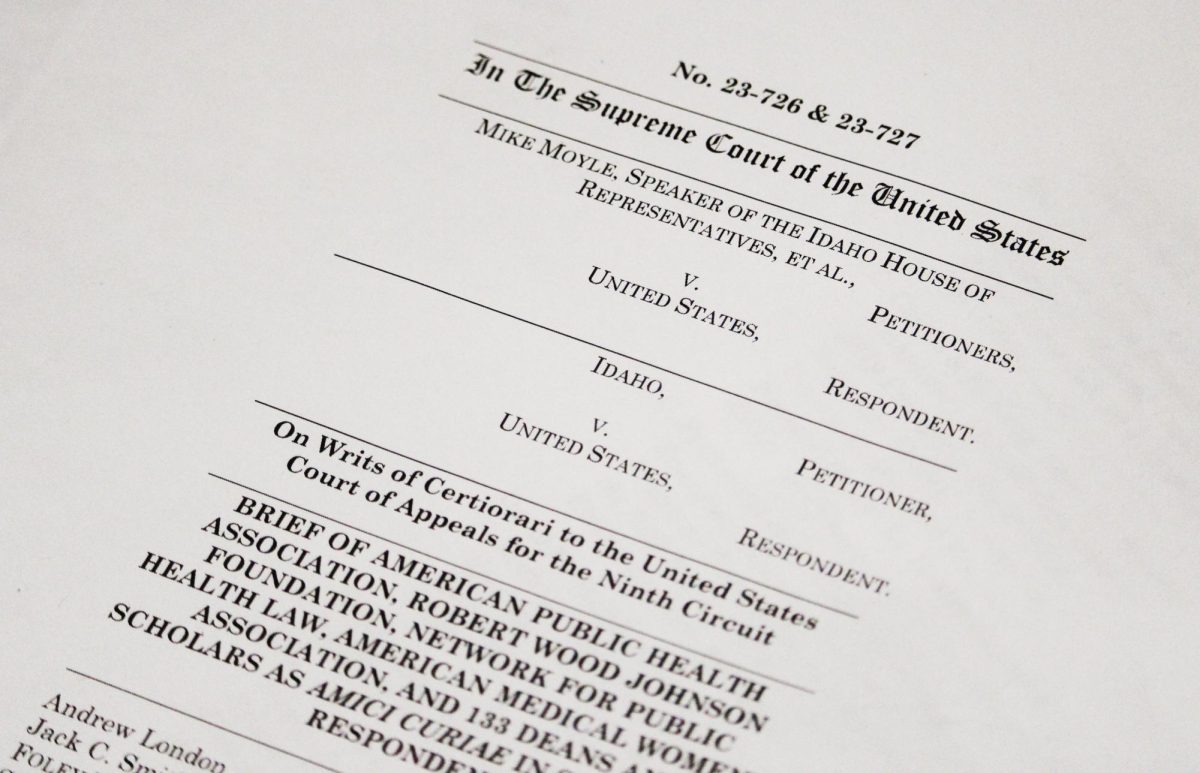Lynn Goldman, the dean of the Milken Institute School of Public Health, accepted an invitation to serve on a committee advising the director of the Centers for Disease Control and Prevention late last month.
Goldman said the Advisory Committee to the Director of the CDC will tackle challenges like the COVID-19 pandemic, experimental errors in labs and the flow of public health funding to states. She said she hopes to build University relationships with CDC leadership and provide expertise on critical public health issues, like environmental health challenges and chronic disease.
“Part of this for me as the dean is relationship building, as well as obviously the honor of being able to advise the director of the CDC and the really critical issues that she faces as a leader,” Goldman said.
Goldman had previously served on the 14-member body before former President Donald Trump’s administration terminated the committee in 2019.
The committee will advise CDC Director Rochelle Walensky and Secretary of Health and Human Services Xavier Becerra. Goldman said her term on the committee will end in June 2023.
Committee members like Julie Morta, the executive vice president of the Robert Wood Johnson Foundation, and Crystal Gary, the chief advocacy officer of Amita health, specialize in public health disciplines like health equity, health care delivery, communications and health education.
Goldman said her role as chair of the nonprofit organization Association of Schools and Programs of Public Health qualifies her to serve on the committee because she can represent “all of the public health educational system.”
Goldman said the committee will meet twice a year to read reports from working groups and decide which proposed public health policies to adopt and reject. She said she must also attend any emergency meetings in times of crisis when the director seeks immediate advice from experts who can view issues from an outside perspective.
“It’s so important for top government decision makers to be receiving outside advice from experts who see the issues, not just through the lens of the agency, because obviously the agency leaders can be concerned about just protecting their budget, protecting their staff,” Goldman said.
Goldman said her expertise in public health as an epidemiologist and her background as a former assistant administrator for toxic substances at the U.S. Environmental Protection Agency has given her experience making “very tough” public health decisions.
“I do understand the legal frameworks under which the government agencies operate, and the fact that they do often have only limited degrees of freedom, depending on what kind of authority they have from Congress,” Goldman said.
Goldman said she won’t sacrifice her “GW time” when serving on the committee. She said she will spend time after business hours preparing for her advisory committee responsibilities.
“This kind of commitment really causes me to put in a lot of overtime,” Goldman said. “I tend to do a lot of work at night on the weekends. I find the time.”
David Fleming, the chair of the CDC’s advisory committee and a clinical associate professor of epidemiology at the University of Washington, said Goldman has a “great history” working in the government and in academia.
“She’s very knowledgeable about a range of issues including environmental health and in a committee setting just operates in a wonderful way of saying what she thinks but also respecting other members,” Fleming said.
Fleming said former members of the CDC’s previously established committee investigated issues like racial health equity, public health infrastructure and relationships with state, local, tribal and territorial health departments.
Fleming said he anticipates Walensky will task the group with finding ways for the CDC and the country to move into a post-pandemic world.
Wakensky said in a CDC release that as CDC director she has always valued “diversity of thought” and collaboration. She said this committee has provided public health advice on policy initiatives that protect people’s lives.
“For 57 years, this committee provided invaluable advice and counsel to prior CDC directors to help shape public health policy intended to protect people and save lives,” Walensky said in the release. “I look forward to future collaborations with the committee.”
The committee will review scientific research, train state and local health workers and guide states in preventing infectious diseases, according to the release.
Daniel Dawes, the executive director of the Satcher Institute at the Morehouse School of Medicine in Atlanta and a member of the committee, said he anticipates the committee will also address issues of health equity in marginalized and vulnerable communities.
“What we see are immediate impacts on our communities of color and other population groups that have been long discriminated in our healthcare and public health system,” Dawes said.
He said academics like Goldman focus a lot of their time on research and developing “actionable solutions” that they can now share with the CDC. Dawes said Goldman can bring vast research that Milken has conducted in various areas of health equity to the committee.
Milken’s research includes studies on racial disparities in air pollution, educational barriers in the health care workforce and sexual health issues in women’s military health.
Dawes said he is confident that the diversity of the committee members, including Goldman, will bring about change in the public health field.
“CDC is taking very seriously the notion that it is not just one lens or one viewpoint that will help move that needle and the position of public health on the correct course, but it’s going to take multiple lenses on these issues that the CDC is trying to tackle,” Dawes said. “And that’s the beauty of public health.”








